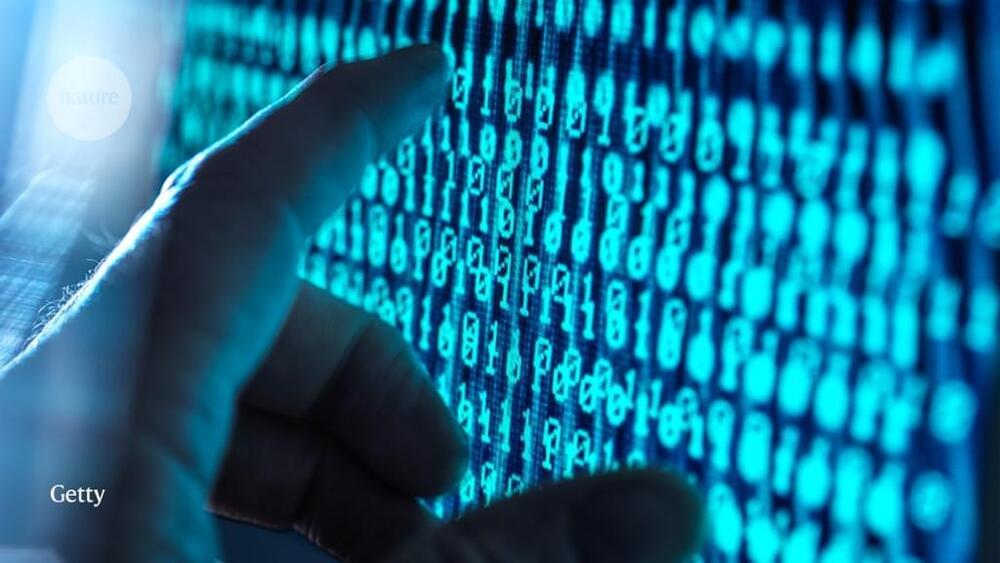In their 1982 paper, Fredkin and Toffoli had begun developing their work on reversible computation in a rather different direction. It started with a seemingly frivolous analogy: a billiard table. They showed how mathematical computations could be represented by fully reversible billiard-ball interactions, assuming a frictionless table and balls interacting without friction.
This physical manifestation of the reversible concept grew from Toffoli’s idea that computational concepts could be a better way to encapsulate physics than the differential equations conventionally used to describe motion and change. Fredkin took things even further, concluding that the whole Universe could actually be seen as a kind of computer. In his view, it was a ‘cellular automaton’: a collection of computational bits, or cells, that can flip states according to a defined set of rules determined by the states of the cells around them. Over time, these simple rules can give rise to all the complexities of the cosmos — even life.
He wasn’t the first to play with such ideas. Konrad Zuse — a German civil engineer who, before the Second World War, had developed one of the first programmable computers — suggested in his 1969 book Calculating Space that the Universe could be viewed as a classical digital cellular automaton. Fredkin and his associates developed the concept with intense focus, spending years searching for examples of how simple computational rules could generate all the phenomena associated with subatomic particles and forces3.
